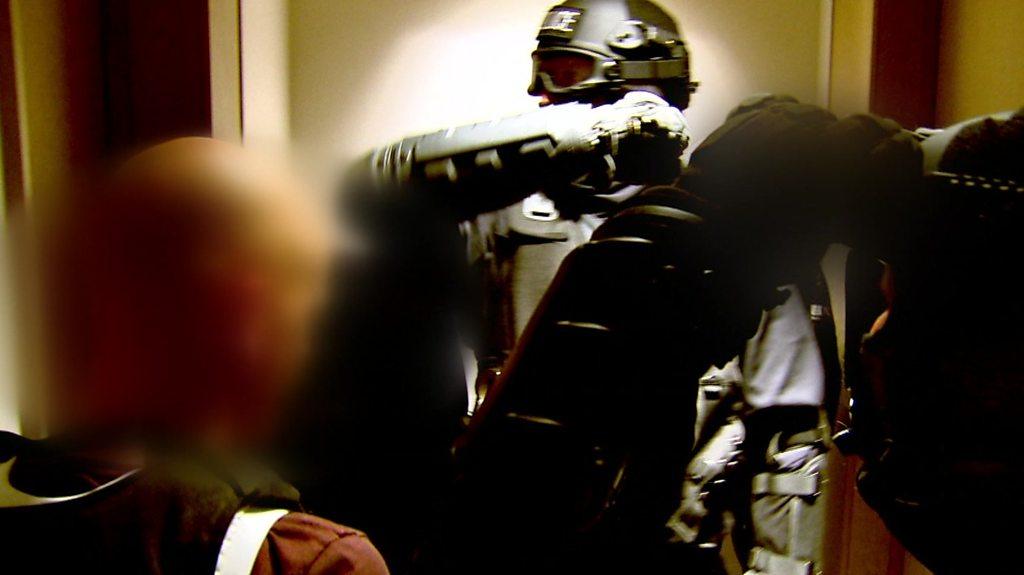Inside a Met Police 'cuckooing' cannabis raid
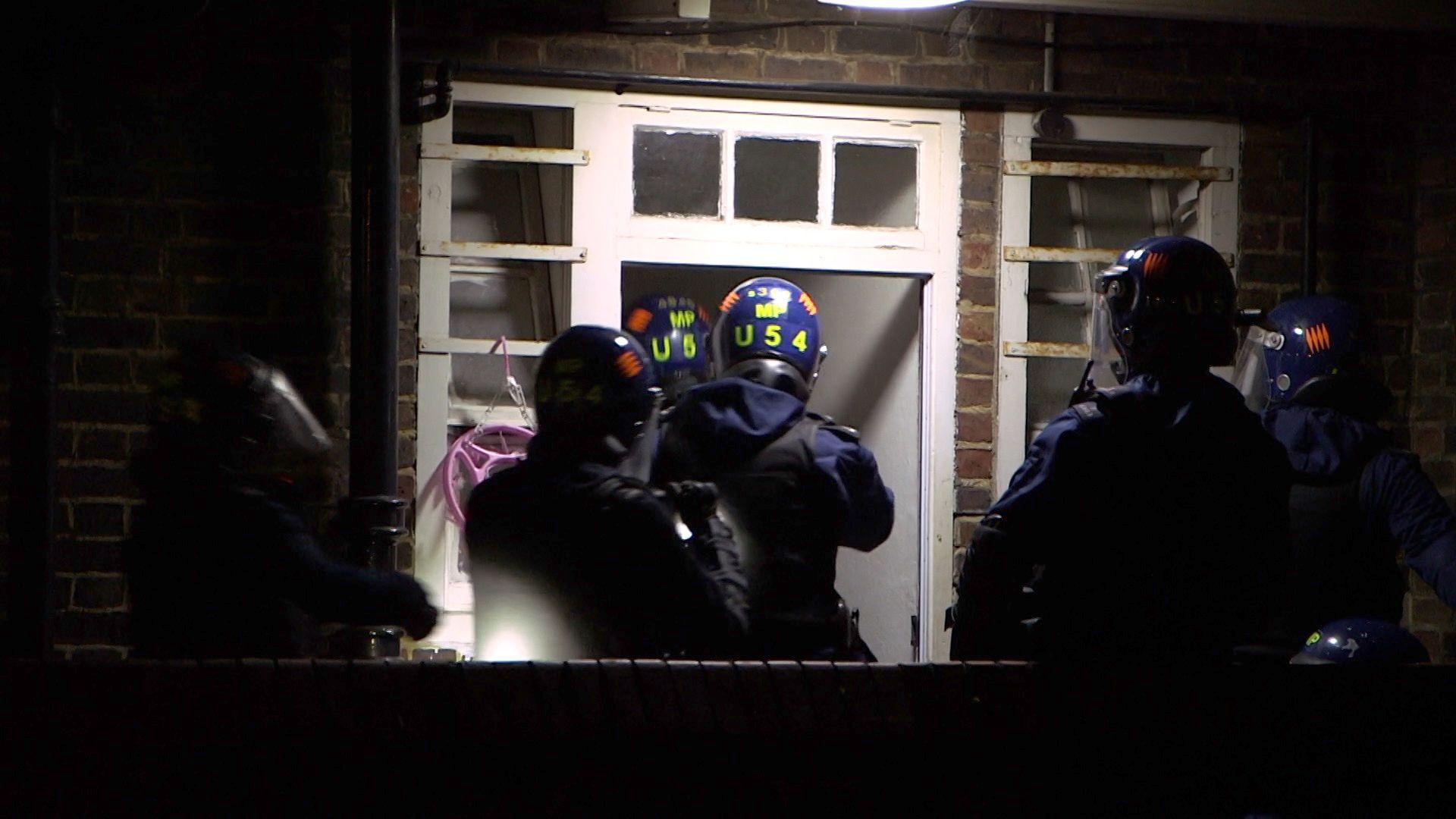
Officers raiding the property approach the flat silently
- Published
In the early hours of a chilly morning, a team of Metropolitan Police officers prepares to raid an apartment in London where cannabis is being supplied and officers fear vulnerable people are being exploited.
It's approaching 04:00 BST and the operation requires an element of surprise.
A column of police in tactical gear silently troops up the apartment complex to the top floor. The silence is shattered by the crash of a battering ram against the door.
"Police! Police!" The shouts echo through the dimly lit hallway as officers storm into the apartment.
It comes as a BBC investigation exposed the impact of cannabis farms on unsuspecting landlords across London.
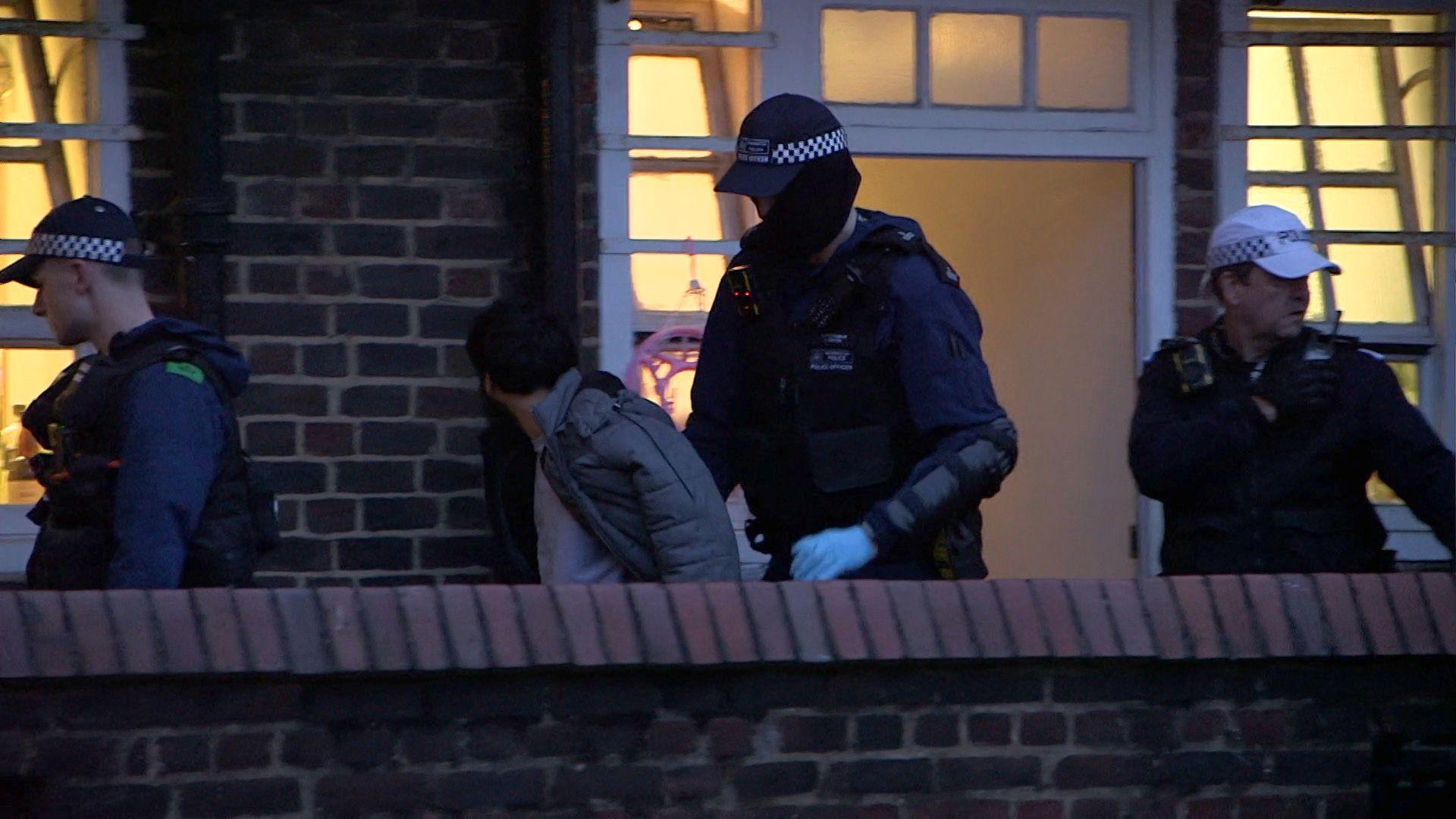
A man is arrested on suspicion of possession of Class B drugs with intent to supply
As a large team of officers swarms into the property, the gravity of the situation becomes clear.
This isn't just about seizing drugs, it's about protecting potential victims.
"We have to secure the people and the evidence," Insp Niall McParland says.
His team arrests one man, while the remaining five or six occupants are treated as potential victims of "cuckooing".
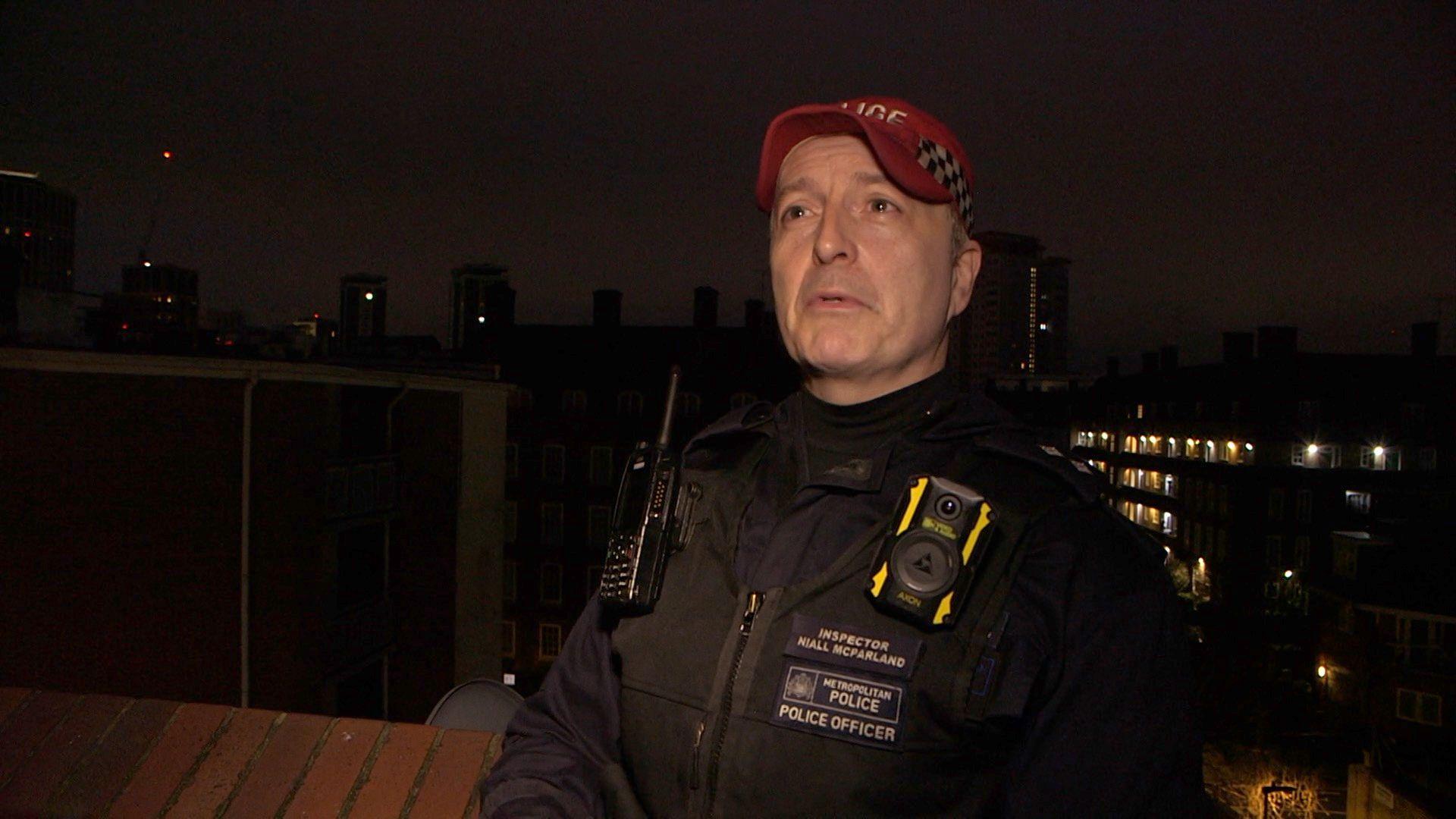
Insp Niall McParland says it is the officers' job to make the scene secure and "calm things down"
This refers to drug-dealers taking over the property of a vulnerable person and using it as a base for their operations.
The practice, suspected at this unidentified address, has become increasingly common in recent years, posing a significant challenge for both law enforcement and social services.
And it necessitates a delicate approach during raids.
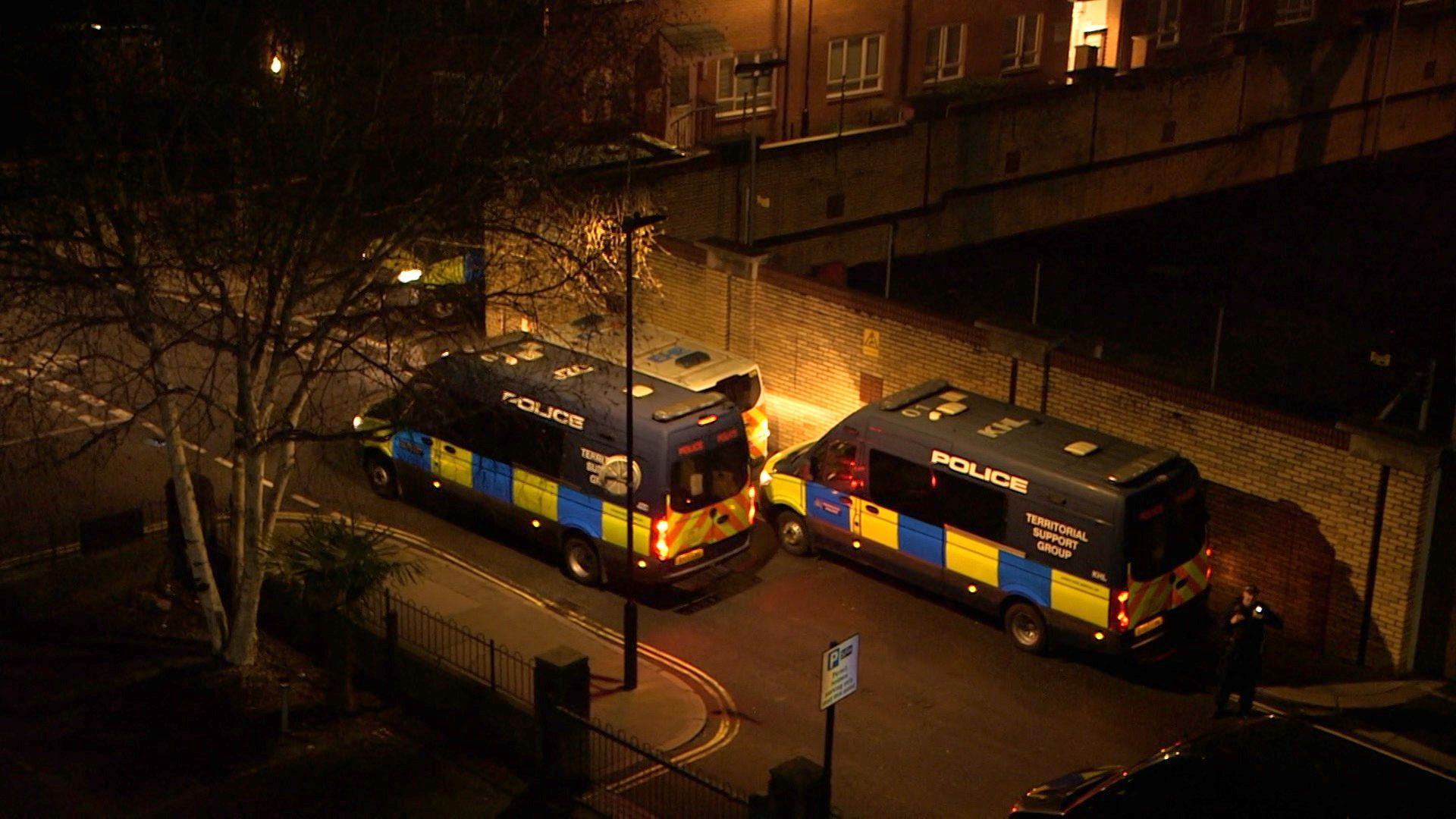
Police vans wait on the street as the raid takes place
"It's that initial get in, get everyone secure, and then try and calm things down," Insp McParland says.
"And then obviously anyone that might be handcuffed, we'll remove them as soon as possible and treat them with respect."
As the officers gain entry, they systematically clear each room, gathering all the occupants in one area.
The large number of officers isn't for show - it's a calculated approach to minimise risk and protect potential victims.
"It's better for more officers to be with one person," PC Ellis Joseph says.
"If you were the aggressor and it was just me trying to detain you, one of us is possibly going to get quite hurt."
During the search, officers find cannabis, weapons and a substantial amount of cash, and a man was arrested on suspicion of possession of Class B drugs with intent to supply.
However, the focus remains on the other occupants - potential victims of cuckooing.
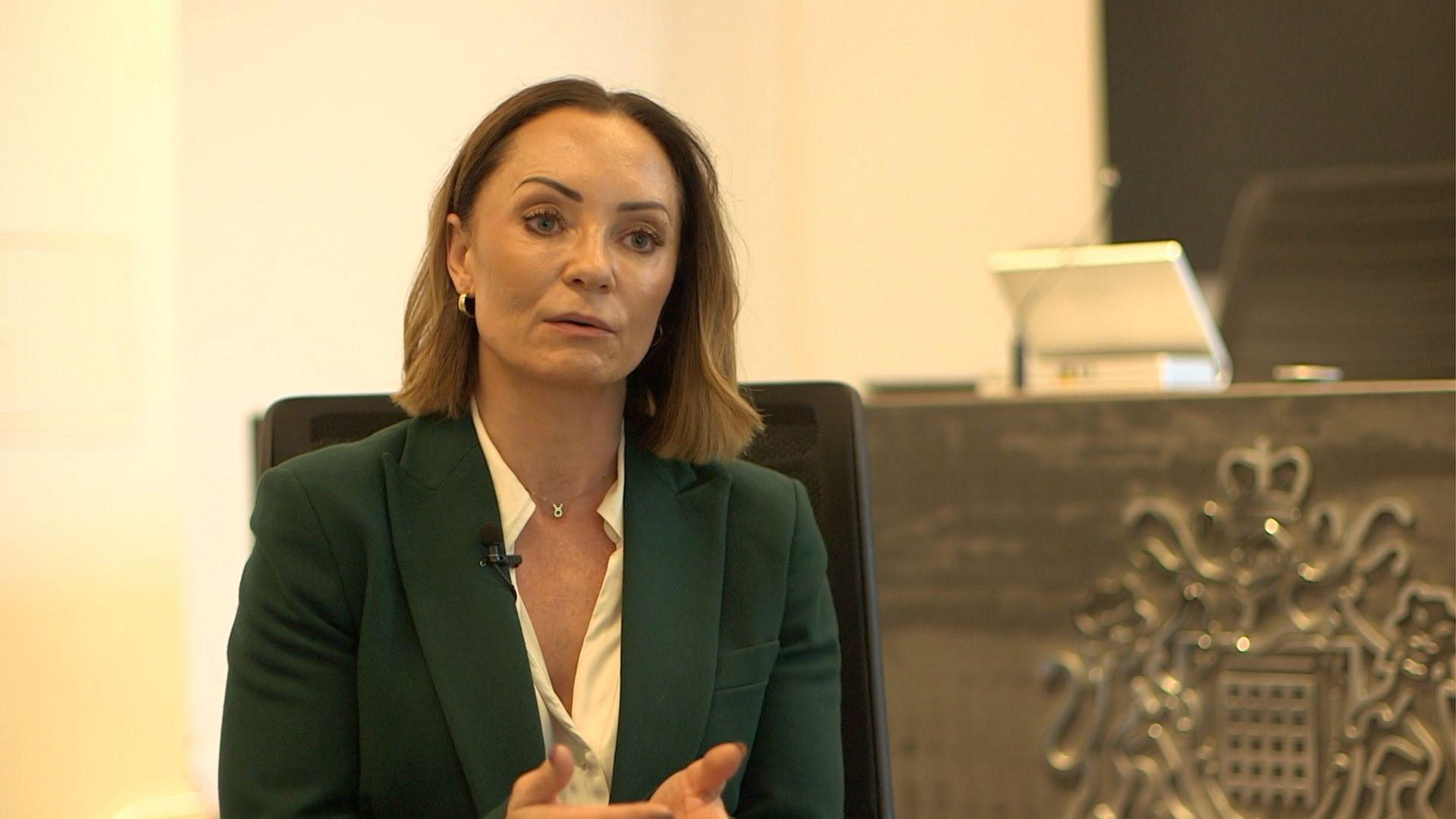
Det Sup Kirsty Mead says cuckooing involves the exploitation of vulnerable people
Det Sup Kirsty Mead elaborates on the practice: "Cuckooing is when an organised criminal network, a gang, would take over a vulnerable person.
"They would take over their home address, they would go in and use that as a base for their drugs business.
"This is where they would stash their drugs, it's where they would traffic their drugs across London or out into county forces.
"They would exploit the most vulnerable people within our society to traffic those drugs from that address."
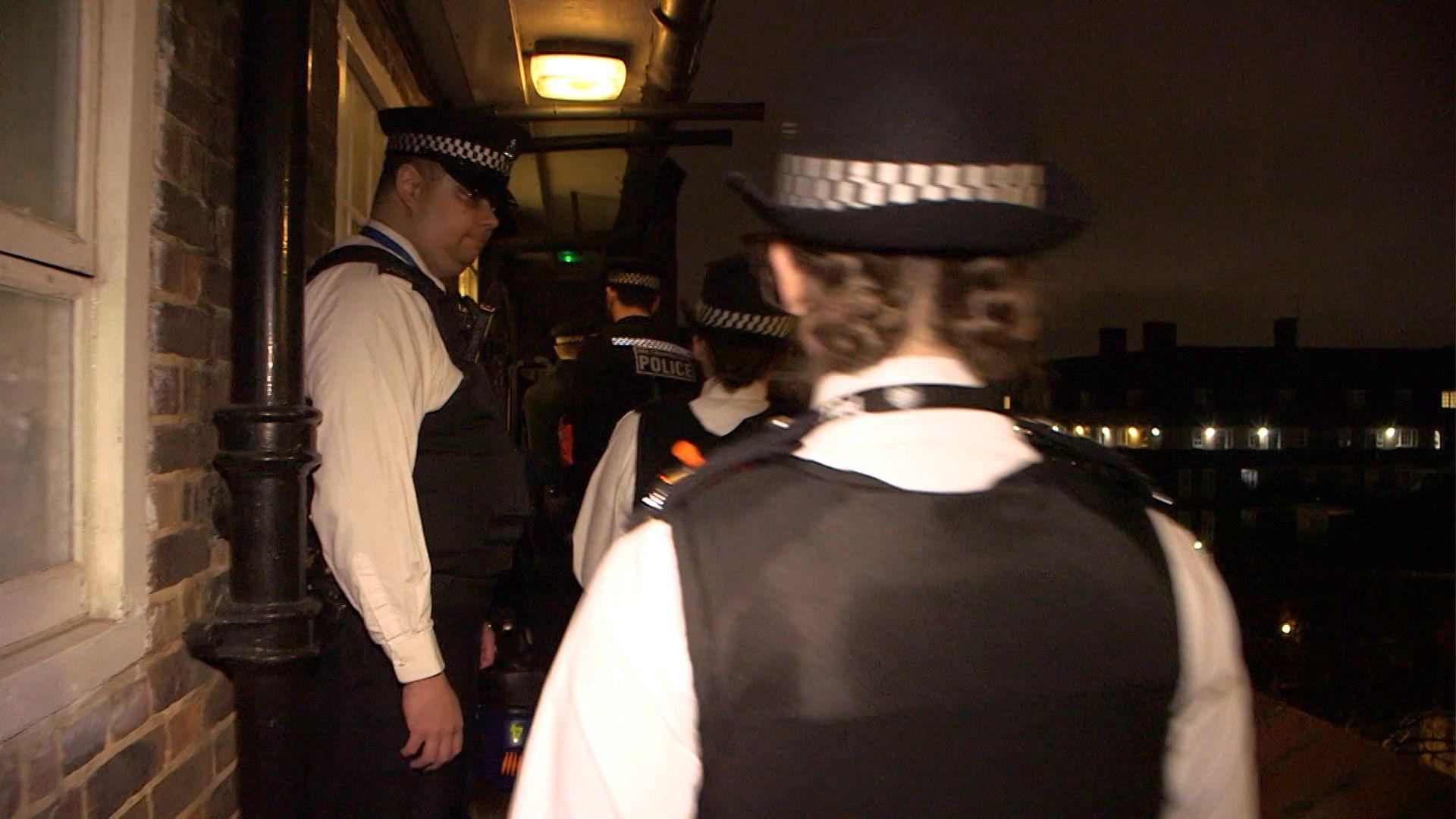
Cannabis, weapons and cash were found at the property
Recent figures obtained through a Freedom of Information request to the Metropolitan Police revealed that cuckooing cases increased from 42 in 2018-19 to 60 in 2022-23.
While this increase may not seem that large, it represents a concerning trend, especially because almost half of cuckooing victims in the most recent year had some form of disability.
Det Sup Kirsty Mead says that criminal networks running these kinds of operations often have previous convictions involving weapons and violence, including against women and girls.
"We take this very seriously, it's a priority for the Met," she says.
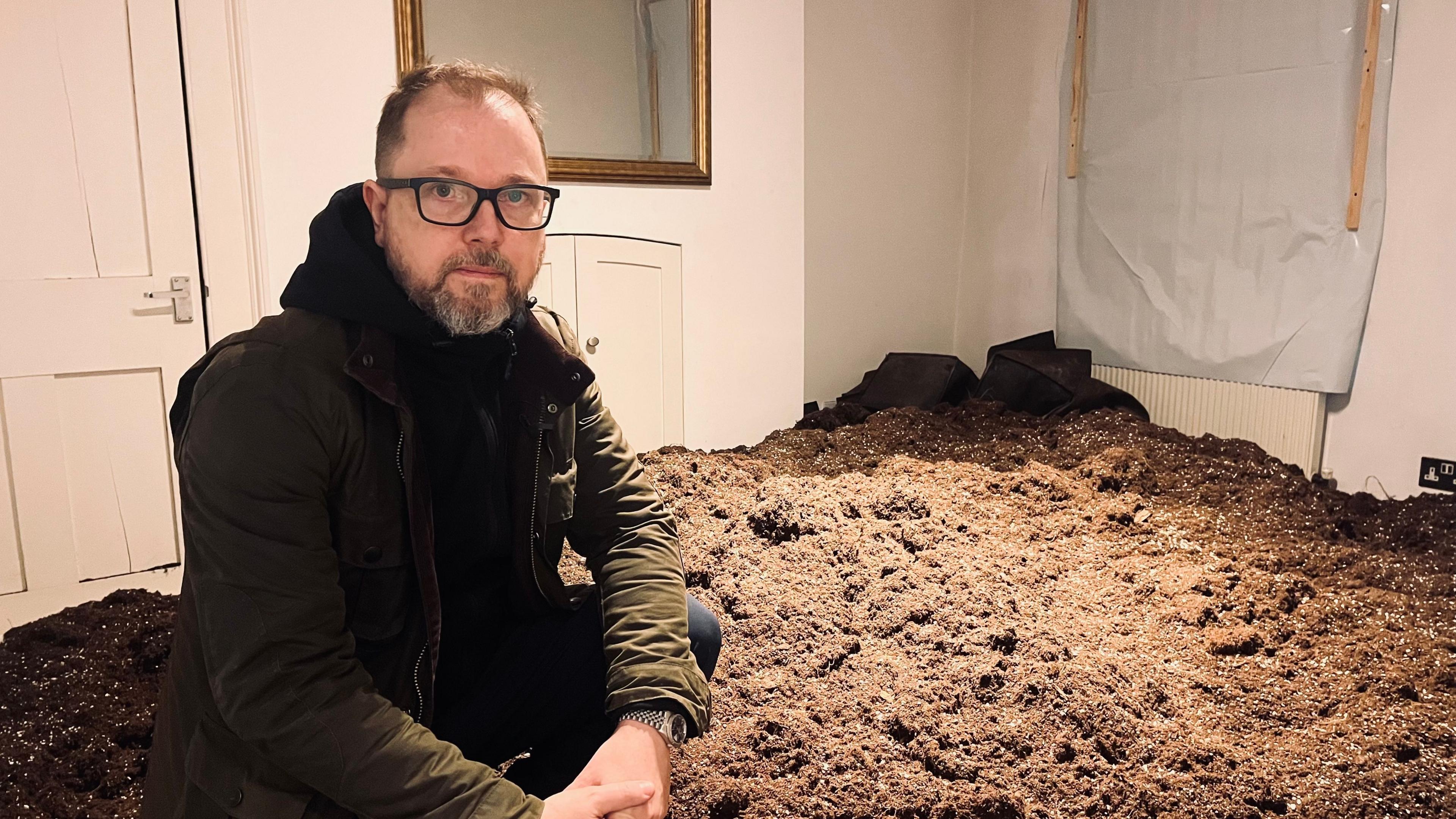
Charles Reeves's family home was transformed into a cannabis farm
The impact of drug-related crime on property owners extends beyond cuckooing.
The BBC recently revealed how Charles Reeves and his family found their home transformed into a large-scale cannabis farm after returning from working abroad.
Criminals posing as tenants had dumped 10 tonnes of soil in the property, causing extensive damage and leaving the family devastated.
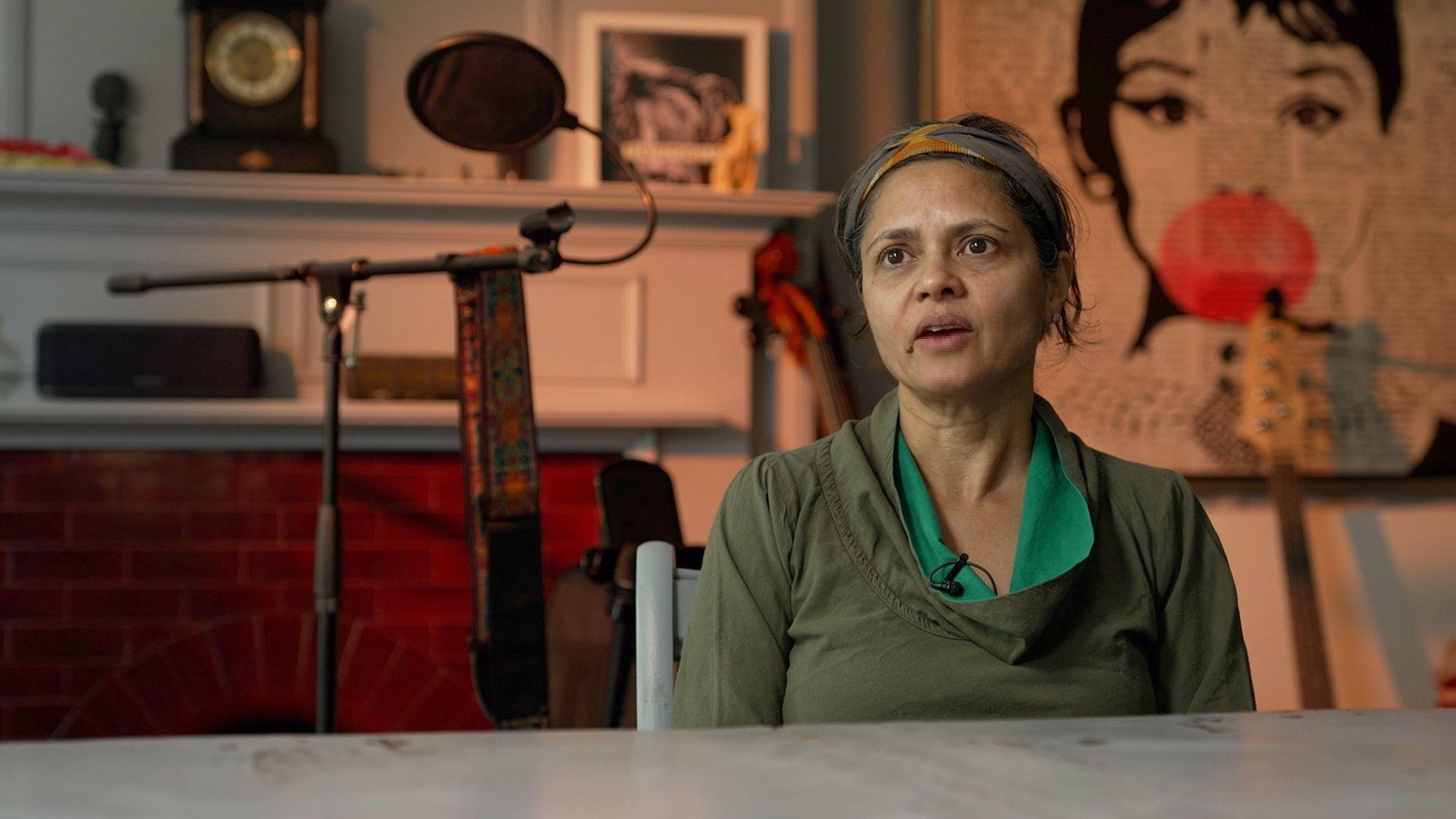
Seema Rao-Reed said it was "horrific" to see her home had been turned into a cannabis farm
Seema Rao-Reed also fell victim to criminals posing as legitimate tenants.
She had travelled to Dubai and decided to rent out her flat during her absence.
Ms Rao-Reed was approached by what appeared to be a reputable letting agent, who promised to find reliable tenants.
However, it turned out the agent was part of an elaborate scam targeting absent landlords.
"It was absolutely horrific," she said.
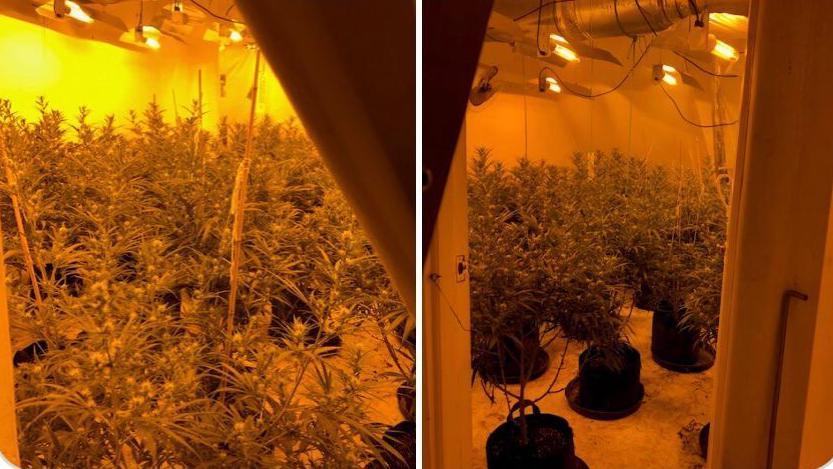
The cannabis farm that was set up inside Ms Rao-Reed's home
"If you can imagine, we had lots of cables and transformers and fuses and switches.
"And there was a big hole made just above the chimney. They used the chimney for all these air ducts to go through.
"It was scary; it was horrible to imagine why anyone would want to do this to us and we only let it out to a family to stay here."
The emotional toll on victims like Ms Rao-Reed and the Reeves family is immense.
"We kept questioning why us," Ms Rao-Reed said.
"It's something that... you just don't know the scale of it until it happens to you."
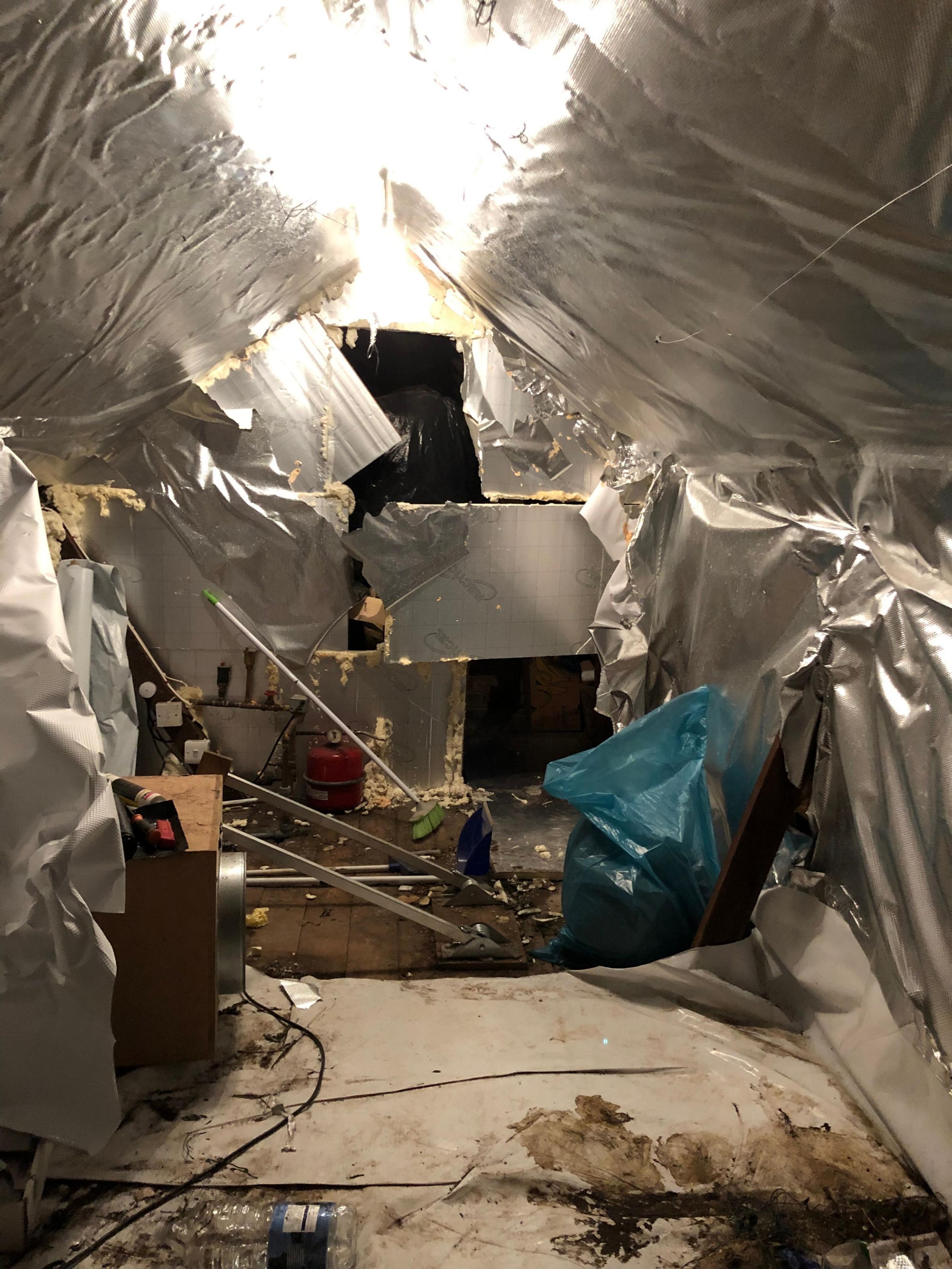
Ms Rao-Reed's London home was targeted by criminals while she was in Dubai
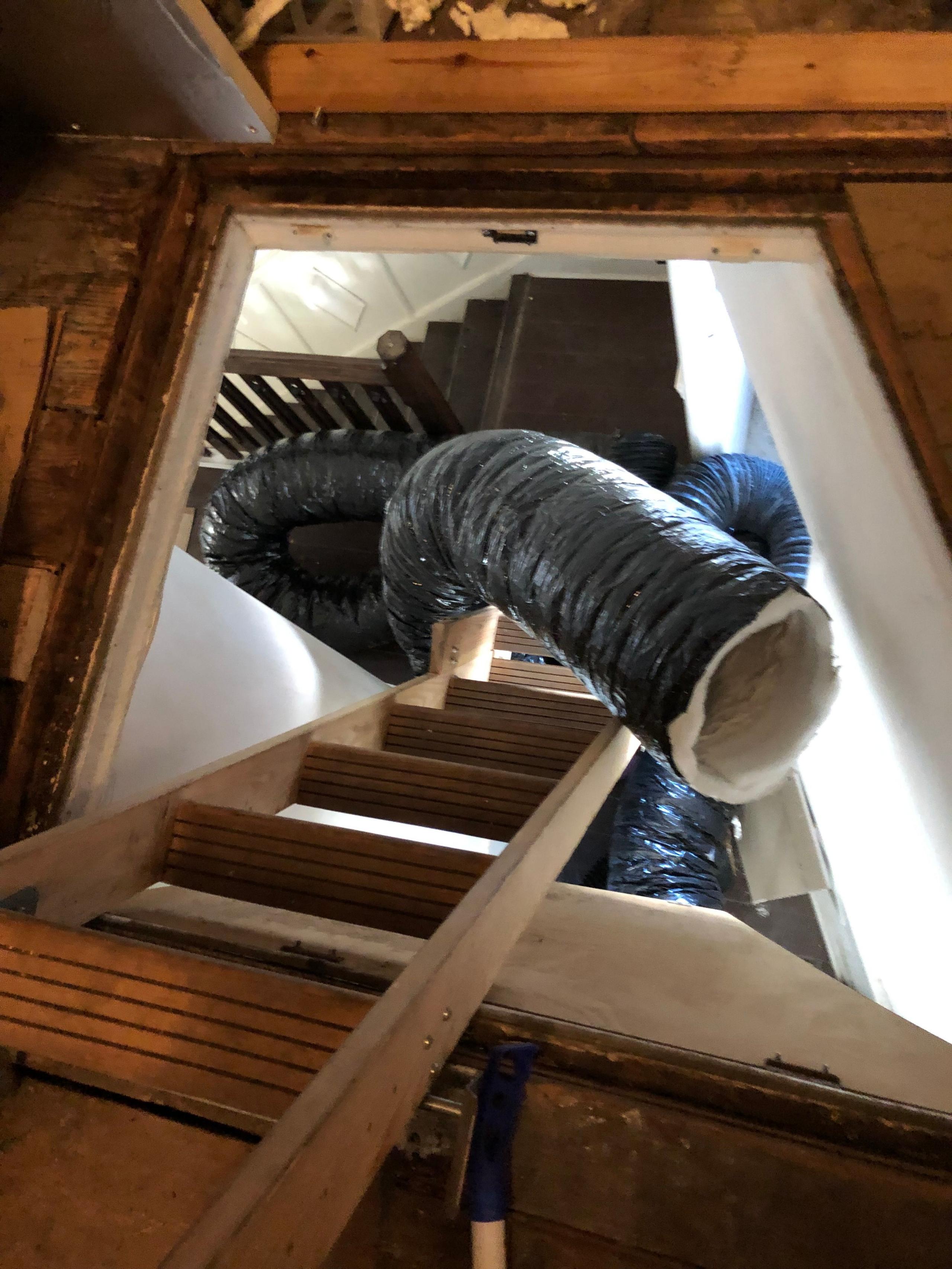
She found air ducts in her home, used as part of the cannabis-growing operation
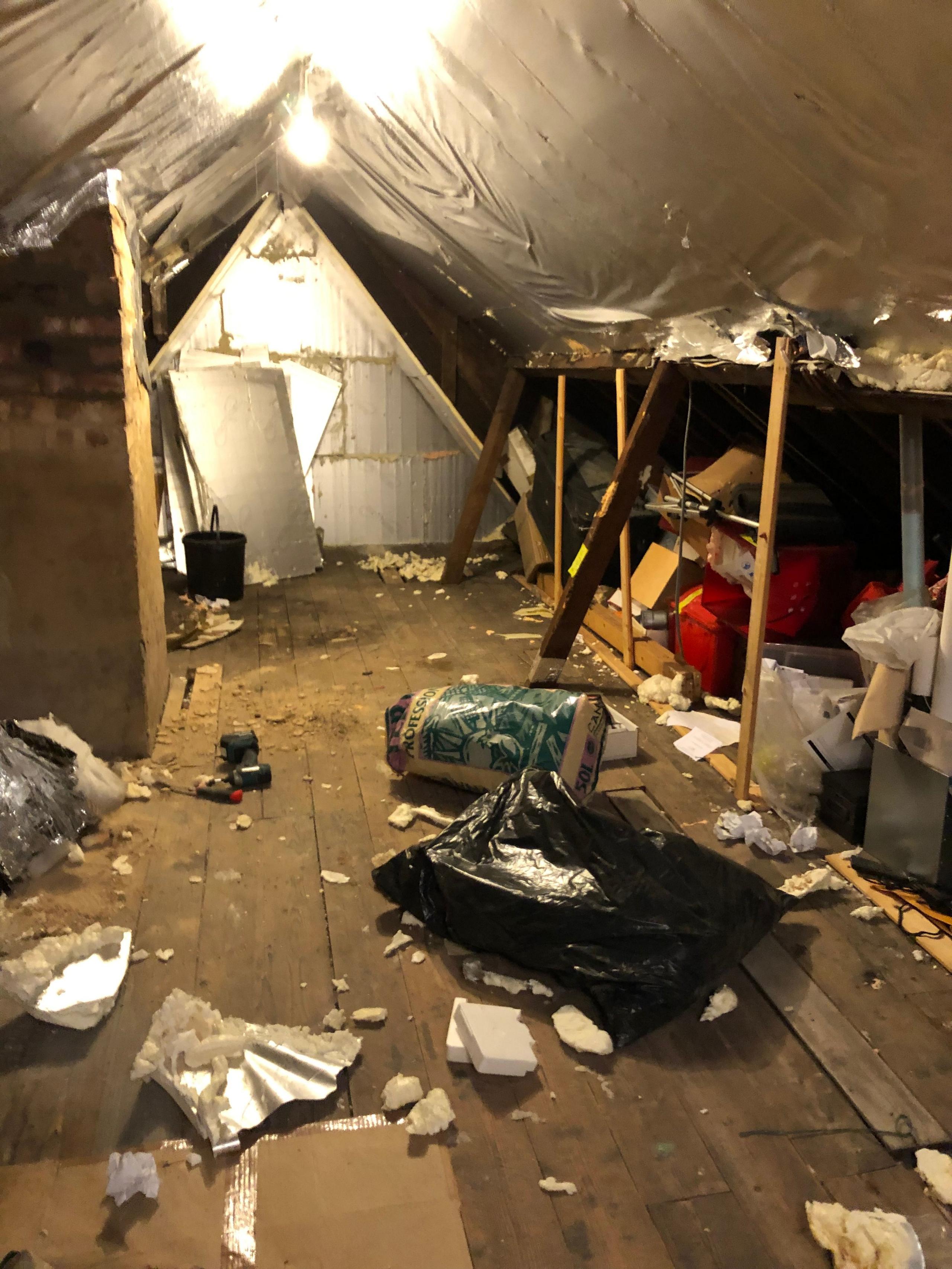
Ms Rao-Reed said it was "scary" to have had criminals in her home
While the police continue their efforts to combat this issue, Steve Rolles, from the Transform Drug Policy Foundation, believes the scale of the problem may be too vast for law enforcement to manage effectively.
Mr Rolles described a "whack-a-mole" situation faced by law enforcement, adding that the sheer scale of the problem means it's impossible to tackle successfully.
"The illegal cannabis market in the UK is worth multiple billions," he said.
"Some of the estimates put it somewhere between three and four billion pounds.
"This is a huge market. It's a huge industry. There are thousands of grow rooms and there are tens of thousands of people working in this industry.
"When the police seize some cannabis or they shut down a grow room, or even when they shut down multiple grow rooms, they're generally only scratching the surface."
Mr Rolles said the current strategy of raiding individual properties did little to address the root causes or put off determined criminals.
"These police operations, they just don't achieve what they claim to achieve," he said.
"They're not shutting down the market. They're not significantly impacting on criminal profits. They're not preventing availability. And they're certainly not preventing people from using cannabis."
He added that the only "practical" long-term solution that would take "criminal operators" out of the equation was to have a "legally regulated market".
If you have further information on this story or anything else you'd like BBC London's investigations team to look into, get in touch, in confidence at:
londoninvestigationsteam@bbc.co.uk
Listen to the best of BBC Radio London on Sounds and follow BBC London on Facebook, external, X, external and Instagram, external. Send your story ideas to hello.bbclondon@bbc.co.uk, external
Related topics
- Published23 June 2024
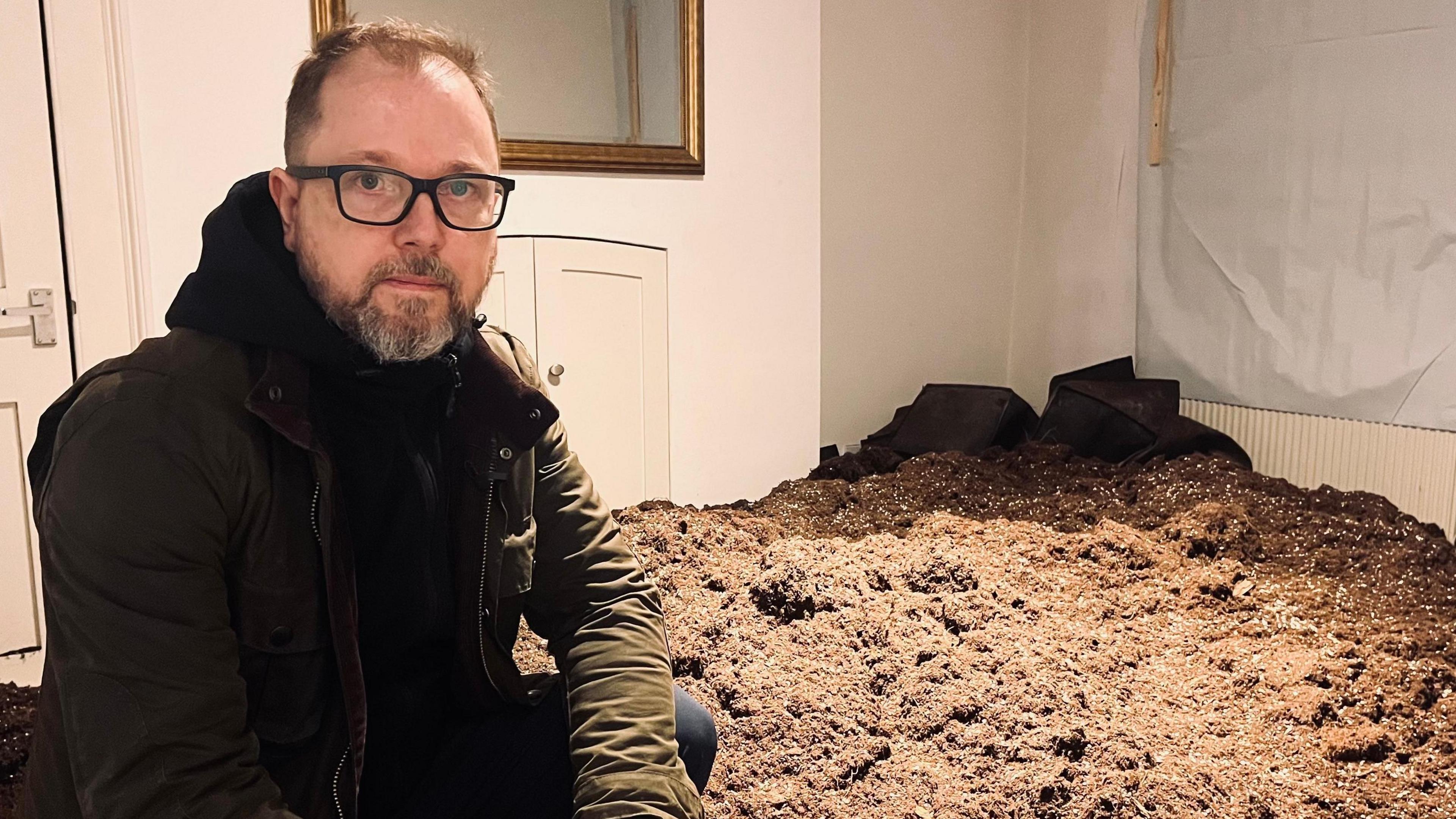
- Published20 October 2023
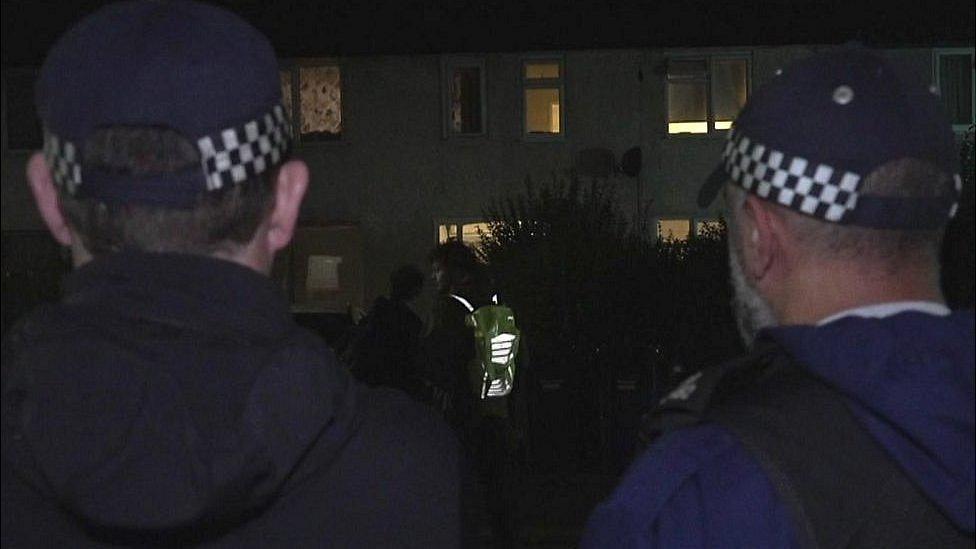
- Published8 October 2019
